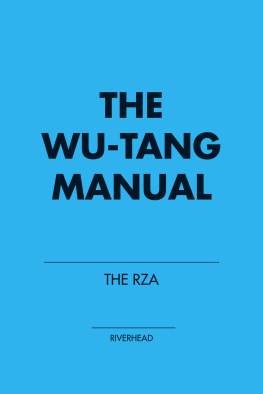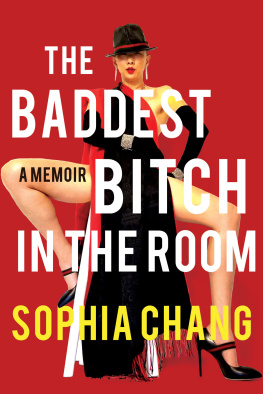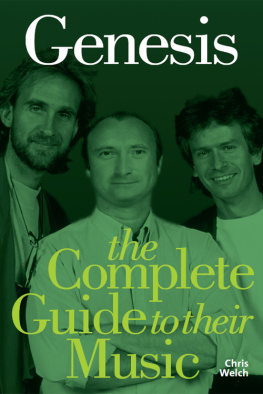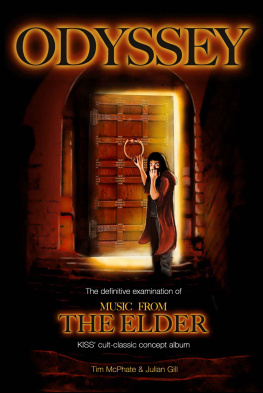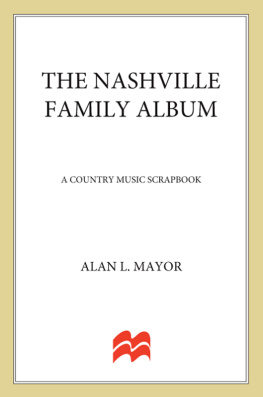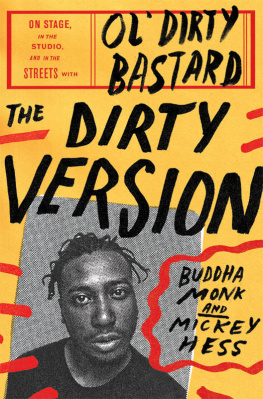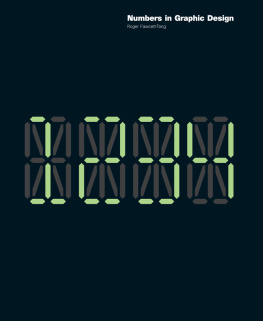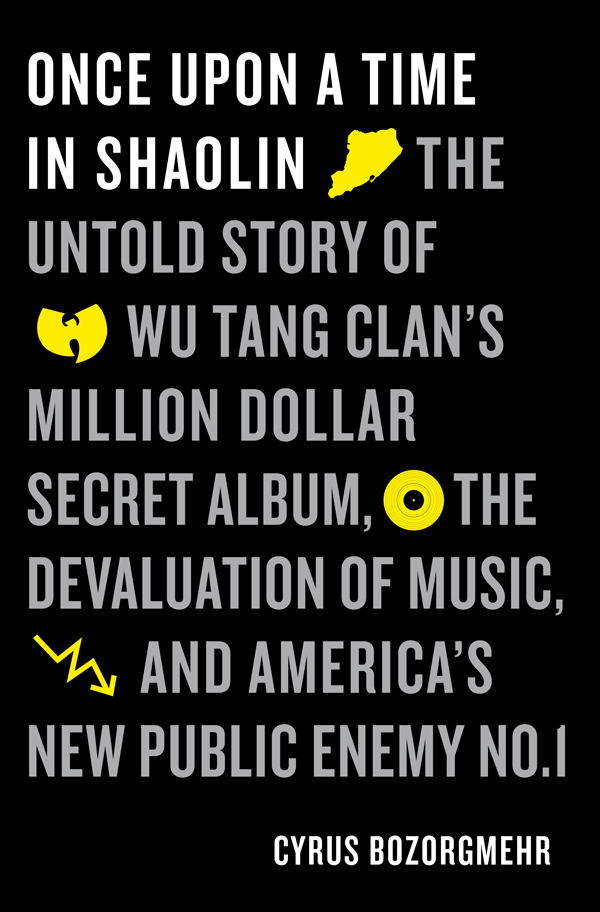Contents
Guide

The author and publisher have provided this e-book to you for your personal use only. You may not make this e-book publicly available in any way. Copyright infringement is against the law. If you believe the copy of this e-book you are reading infringes on the authors copyright, please notify the publisher at: us.macmillanusa.com/piracy.
2007
Have you ever heard of the Wu-Tang Clan?
Well, of course I had. Didnt explain what the fuck this rather placid-looking Moroccan chap in glasses had to do with them though. Maybe he ran the local fan chapter.
Thats my crewIm part of the extended Clan. Names Tarik.
This dudes going to try and sell me a villa next. It was just too ludicrous to contemplate. I smiled and nodded indulgently.
But there was something about the way hed dropped it. No big thingdidnt oversell it, no preening or fluffing of feathers. He was either one seriously left-field motherfucker or a gloriously incompetent bullshit artist. Only time and a Google search would tell. And yet, as the conversation took its flow, something sparked under an African sky.
We had been introduced at a lunch party hosted by the sculptor and author Jimmy Boyle on a crystal-clear day in Marrakech. Despite my suspicions that Tarik might be insane or at least a dangerous fantasist, we were rolling deep within minutes. By sundown, we had set the music world to rights and he still hadnt had a sip from the vine, while I was about three bottles to the good. A set of supremely ephemeral breakthroughs on a warm spring breeze.
And then what seemed like the most absurd of all the ideas floated.
Ive been thinking about a single copy of an album, sold privately, said my new friend.
Sounds dangerously elitist, I replied even if you could argue that it was an evolutionary adaptation generated by the economic meltdown within music.
The much-heralded democratization of the digital had, like so many revolutions before it, morphed into a new tyranny. Recorded music was increasingly viewed as worthless, and getting heard was more difficult than ever as the ease of production and digital distribution created a new enemysaturation. Independents were buckling, development budgets were a distant memory, and perhaps most worrying of all, the perception of music had shifted into something between voracious consumerism and a God-given right.
But commodifying music even further and placing it squarely in the hands of the wealthy? That was a step too far for me.
We said our goodbyes without any exchange of numbers or gushing promisesbut it had been an intriguing conversation. Still needed to do that Google search, though.
And there it was Wu-Tang-affiliated producer and rapper Cilvaringz. Well, fuck me
2009
Theres nowhere on this earth quite like Marrakech. Cast from the sands of a thousand years, her pockmarked battlements sigh cheerfully through the ravages of time. Labyrinths burrow into shadows of still reflection, pause for a quick cup of tea, and then dance the rhythms of lusty commerce. Tucked behind the veil, shady courtyards envelop themselves in the sweet scent of orange blossom, while out in the thoroughfares, an indulgent chaos reigns by popular acclaim. And away in the distance, the cloud-capped majesty of the Atlas Mountains nods sagely through the ages as horns blast, motorbikes chug in dissonant song, and tribal drums ring out the chant.
Marrakechs reputation for bohemianism is both thoroughly merited and eloquently contrivedmuch like bohemianism anywhere. Naturally there was a sense of privilege to anything quite so theatrically self-aware, but the first wave of flamboyant creatives who forged its reputation were gorgeously genuine. Crushed velvet capes and eccentric old aristocrats, barking mad painters and tragic diplomats tripped the oriental fantastic, and before you knew it, Marrakech was a byword for cosmopolitan style, a caravanserai for the international aesthete.
I had been here on and off now for three years. I traveled extensively for projects of all stripes and saw Marrakech as something of a refuge from my own mischief. I behaved here, nurturing a normal existence rather than staying awake for days on the jagged edge of pressure like I invariably did on a mission. While reveling in the towns joyous innocence, I clung to the contemplative life, preferring to wake at dawn to get some work done in a cloistered silence, but as a result, I had acquired hermit status in the social calendar. My long-suffering wife was less than impressed, especially when photos of me clearly having the time of my life kept popping up to document the jobs Id been on, so when she suggested we engage in some vaguely meaningful way with Marrakechs impending art biennale, I felt I was a fuck that away from divorce.
The Marrakech Biennales remit seemed to be assembling a mix of local and international art in a series of locations around the city, from crumbling palaces to exclusive boutique hotels. The opening cocktail party offered little hope for a visceral cultural experience; it felt like someone had satirized an artsy circle jerk in Chelsea, transplanted it to a palm-strewn rooftop, and used the local populace as an abstract string to a bullshit bow. But that wasnt a fair impression of the event as a whole, and as the days unfolded, we attended a range of exhibitions, installations, and talks, many of which were undoubtedly positive for the citys cultural life. There was perhaps more talk than evidence of cross-cultural engagement, and despite there being Moroccan art for Western collectors and Western art for Moroccan collectors, it did at times feel that there was largely fuck-all for the average Moroccan bar a couple of headline street pieces. It was one of those things that started off with the best of intentions but accidentally ended up elitist because it just couldnt stem its own tide.
Having been to a series of talks by Moroccan authors and filmmakers, I found myself trudging toward the Bahia Palace, one of the major exhibition centers, with my good mate Nick, and as we approached the entrance, who should we bump into? Yepyou guessed it. Cilvaringz and his wife, Clare.
We were delighted to see one another despite having made absolutely no effort in the intervening three years to get together for a drink or something, like normal people would. But the kind of connections that feel totally natural after three years and one intense conversation are far more valuable than vats of synthetic small talk, and I knew instantly that whether the art was transcendental or reminiscent of a 1970s novelty store, we were going to have some fun.
Cilvaringz was on the board of the Biennale, and as we strolled around the palace, he grew increasingly frustrated at the kind of money that had gone into the more forgettable exhibits. From buckets to paper planes to a couple of old bed frames, it threw up an instant mirror to the increasingly tortured state of music.
Grabbing a coffee afterward, we settled in for a postmortem. It wasnt that we were buying into the inverted snobbery of needing art to be figurative or the old my six-year-old could do better chestnut. Testing boundaries and the kaleidoscope of perception was what contemporary art was all aboutbe it a monochrome canvas or a pile of industrial rubble. But the line between high concept and complete bollocks was fraying, and this wasnt saying anything new. It was just really, reallymediocre.


